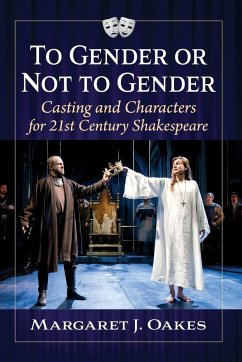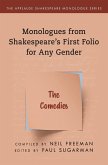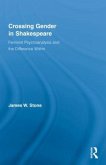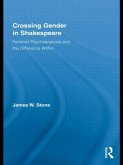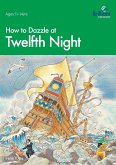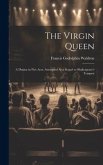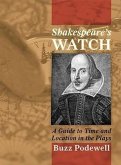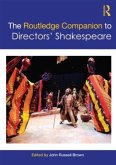Can Othello be a woman? Can Ophelia be a man? Why not? Intended for Shakespeare lovers, scholars, and Shakespearean theater professionals, this study explores ways in which gender is being reinterpreted by British and North American productions since the turn of the millennium. First discussing gender theory, including modern, individualistic identity, this book leads to deep shifts in thinking about sex, gender identity and expression, and sexuality seen in 21st century Shakespearean production casting, directing, and acting decisions. The inclusion of selected productions and characters such as Othello, Richard III, Ophelia, and Olivia encourage readers to make use of "category creation" to reinterpret these characters by rethinking gender. Covered productions are divided into three sections including those that "cross-sex" cast, those that "resex" a character, and those that leave open questions of gender considering how terms like "gender-blending," "gender-bending," or "gender-blind" are meaningful in 21st century Shakespeare.
Hinweis: Dieser Artikel kann nur an eine deutsche Lieferadresse ausgeliefert werden.
Hinweis: Dieser Artikel kann nur an eine deutsche Lieferadresse ausgeliefert werden.

